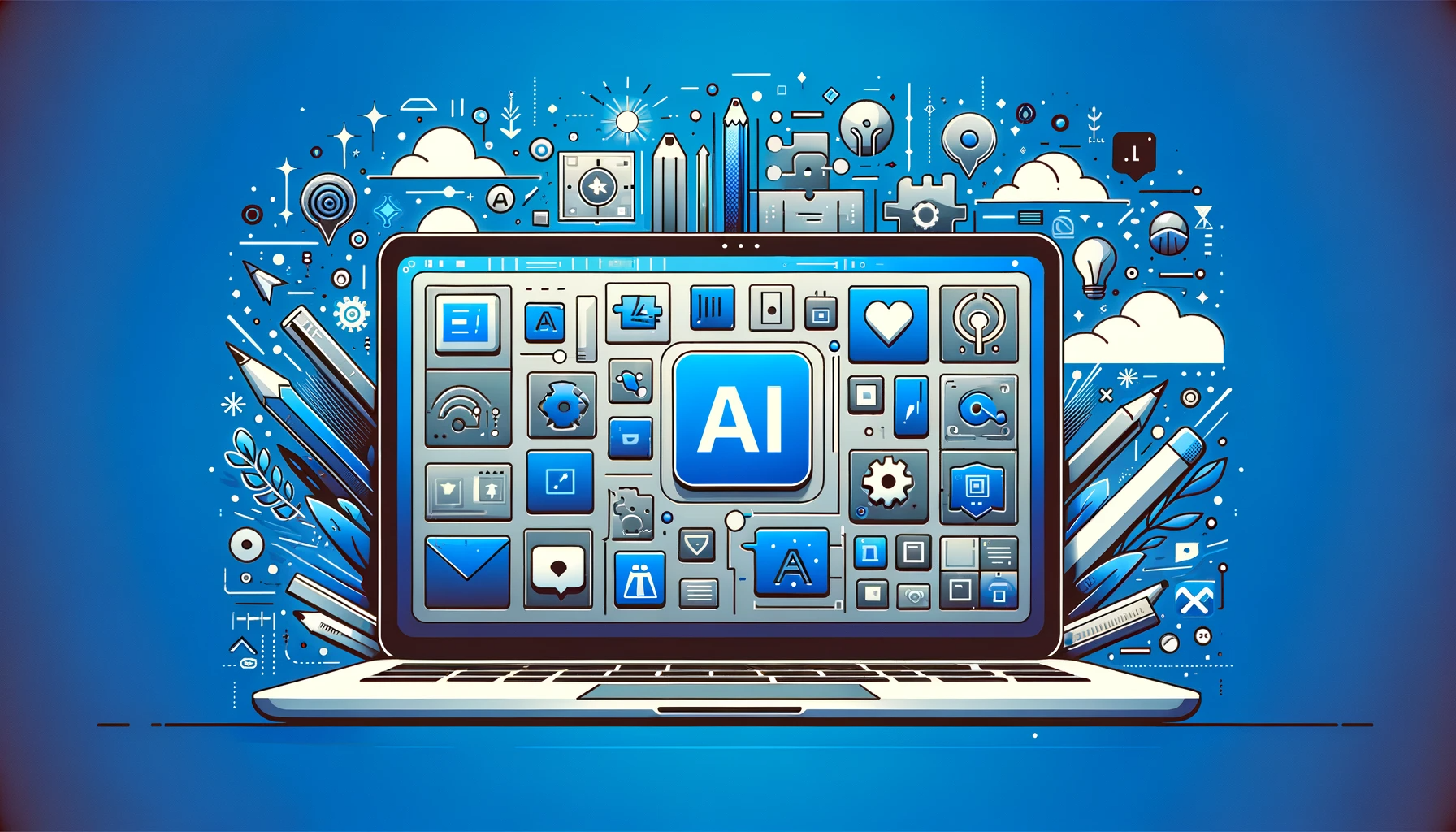The Rise of AI Tools: Transforming Industries and Everyday Life
In recent years, artificial intelligence (AI) has transitioned from a futuristic concept to an integral part of our daily lives and various industries. AI tools are revolutionizing how we work, communicate, and solve problems, making processes more efficient and innovative. This article explores the different types of AI tools, their applications, benefits, and potential challenges.
Understanding AI Tools
AI tools encompass a wide range of technologies designed to mimic human cognitive functions, such as learning, reasoning, and problem-solving. These tools utilize machine learning, natural language processing, computer vision, and data analytics to enhance productivity and decision-making. Some common categories include:
- Machine Learning Platforms: These tools allow organizations to build predictive models and automate decision-making processes. They are widely used in finance for credit scoring, in healthcare for disease prediction, and in retail for customer segmentation.
- Natural Language Processing (NLP) Tools: NLP tools enable machines to understand and interpret human language. Applications include chatbots, language translation services, and sentiment analysis tools, which help businesses engage with Ai Tools customers and analyze feedback more effectively.
- Computer Vision Tools: These tools enable machines to interpret and make decisions based on visual data. They are used in industries like manufacturing for quality control, in healthcare for medical imaging analysis, and in security for facial recognition.
- Robotic Process Automation (RPA): RPA tools automate repetitive tasks, such as data entry and invoice processing, freeing up human employees for more complex responsibilities.
- AI-Powered Analytics: These tools leverage AI to analyze vast amounts of data, providing insights that help businesses make informed decisions. They are crucial in marketing, finance, and supply chain management.
Applications Across Industries
Healthcare
AI tools are transforming healthcare by enabling early disease detection, personalized medicine, and streamlined administrative processes. For example, AI algorithms can analyze medical images to identify conditions like cancer or diabetic retinopathy with high accuracy. Virtual health assistants powered by NLP can provide patients with information and support, reducing the burden on healthcare professionals.
Finance
In finance, AI tools enhance risk assessment, fraud detection, and investment strategies. Machine learning algorithms analyze transaction patterns to identify anomalies that may indicate fraud. Robo-advisors use AI to create personalized investment portfolios, making financial planning accessible to a broader audience.
Retail
Retailers leverage AI tools to improve inventory management, personalize marketing, and enhance customer experiences. Predictive analytics helps businesses forecast demand, while recommendation engines suggest products to customers based on their browsing history and preferences.
Education
In education, AI tools personalize learning experiences, making education more accessible and tailored to individual needs. Intelligent tutoring systems provide real-time feedback to students, while administrative tools streamline processes like enrollment and grading.
Benefits of AI Tools
- Increased Efficiency: By automating routine tasks, AI tools free up valuable time for employees to focus on strategic initiatives.
- Enhanced Decision-Making: AI tools provide data-driven insights, enabling organizations to make informed decisions quickly.
- Cost Savings: Automating processes reduces operational costs, allowing businesses to allocate resources more effectively.
- Personalization: AI tools can analyze individual preferences and behaviors, delivering personalized experiences in marketing, education, and customer service.
- Innovation: AI tools foster innovation by enabling businesses to explore new ideas and solutions that may have been previously unattainable.
Challenges and Considerations
Despite the numerous benefits, the adoption of AI tools also presents challenges:
- Data Privacy and Security: The use of AI requires access to vast amounts of data, raising concerns about how that data is collected, stored, and protected.
- Bias and Fairness: AI algorithms can perpetuate existing biases in the data they are trained on, leading to unfair outcomes in areas like hiring and lending.
- Job Displacement: Automation may lead to job losses in certain sectors, necessitating a shift in workforce skills and training.
- Dependence on Technology: As organizations increasingly rely on AI tools, there is a risk of over-dependence, which can create vulnerabilities.
Conclusion
AI tools are reshaping the landscape of various industries, enhancing efficiency, decision-making, and customer experiences. While the benefits are substantial, it is essential to navigate the associated challenges thoughtfully. As AI technology continues to evolve, embracing a balanced approach that prioritizes ethics and inclusivity will be crucial in harnessing its full potential for positive societal impact. The future is bright, and AI tools are at the forefront of this transformation, promising to drive innovation and growth for years to come.


Post Comment